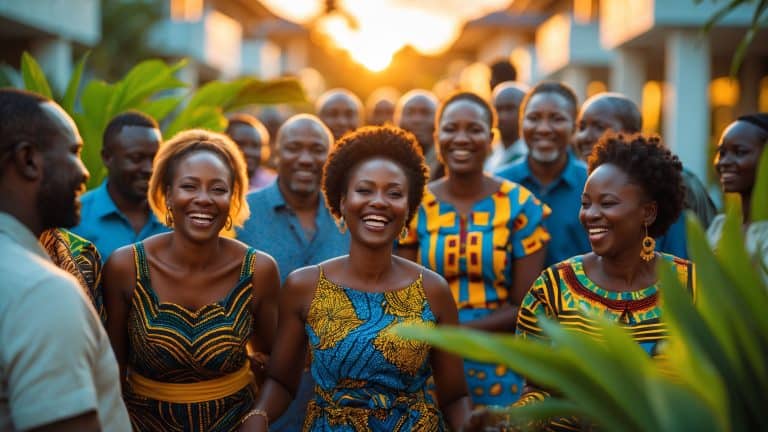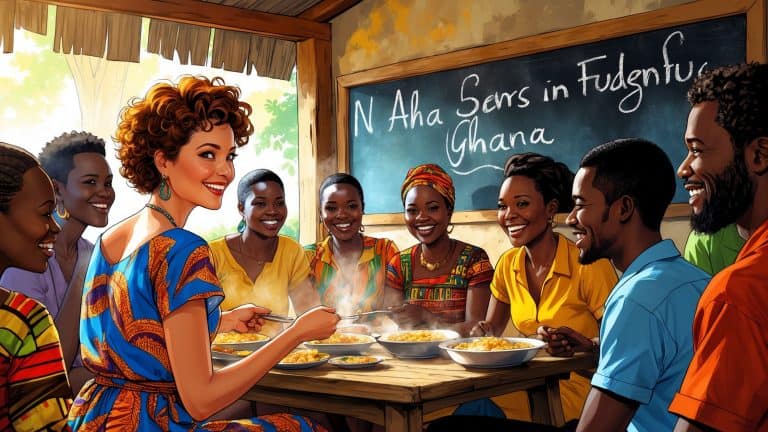This is a premium article written by one of our experts.
Check out

Live-In vs. Live-Out Househelp in Ghana: Make the Right Choice
By carefully assessing your family’s specific needs and priorities, you can confidently decide between live-in vs live-out househelp in Ghana. In the full article, we explore salary guidelines, practical hiring strategies, and tips for building a strong employer-staff relationship in Ghana.

Dating in Ghana: Boundary-Setting & Safety Tips for Expat Women
This guide serves as a practical roadmap for expat women exploring relationships in Ghana. From understanding cultural norms and boundary-setting to staying safe and fostering mutual respect, we’ll equip you with the knowledge to date confidently and authentically. Ghana’s vibrant dating culture can be a source of joy and growth—provided you approach it with awareness and open-mindedness.

Building an Anti-Crash Portfolio: Tangible Asset Strategies for Diaspora Investments in Ghana
This is a premium article written by one of our experts. Upgrade to Navigator or Pathfinder read the full article

Culture Adjustment in Ghana: Navigating Social & Business Norms
Whether relocating for a career opportunity, reconnecting with your heritage as part of the diaspora, or exploring a new chapter of life, understanding the interplay between Ghana’s communal values, social hierarchies, and relationship-focused business culture is key. Each conversation, handshake, and shared meal takes you closer to fully immersing yourself in the local way of life.

Should You Start a Business in Ghana? Opportunities and Realities
In this article, we’ll dive into the opportunities, challenges, and actionable strategies that can help you determine if Ghana is the perfect stage for your business venture.

10 Common Words with Unique Meanings in Ghana: An Expat’s Guide to Local Expressions
Key Takeaways English in Ghana carries a rich cultural nuance, with familiar words often adopting unique, locally influenced meanings. Understanding these Ghana language differences enriches communication. Understanding these expressions helps expats and newcomers connect with…